Five key concepts of media literacy pdf
10 min readFive key concepts of media literacy pdf
five key questions of media literacy – Free download as PDF File (.pdf), Text File (.txt) or read online for free. Scribd is the world’s largest social reading and publishing site. Search Search
Five Core Concepts / Five Key Questions for Consumers and Producers Media Literacy Process Skills (Access / Analyze / Evaluate / Create / Participate) • How to Conduct a ‘Close Analysis’ of a Media …
A new Institute for the Study of Social Change report titled Insight Five: A Snapshot of Media Literacy in Australian Schools explores the challenge of teaching young people to separate fact from fiction in an age of online news manipulation.
media literacy is a viable way to mitigate the potential adverse effects of media and enhance its benefi ts. Others argue that media literacy education should
What are key concepts of three theories discussed in class: Social Learning, Cultivation and Agenda-Setting? This is the end of the preview. Sign up to access the rest of the document.
Media literacy has developed from the critical evaluation of mass media, and is a major educational and research activity in both the US and Europe. The Alliance for a Media Literate America offers the following definition on its website:
What are the 5 key concepts of media literacy? 1. all media messages are “ constructed ”. 2. Each medium has different characteristics, strengths, and a unique “ language” of construction 3.
The Center for Media Literacy’s Five Core Concepts All media messages are constructed. Media messages are constructed using a creative language with its own rules.
A resource for scholars and others interested in media literacy. This document was originally developed by graduate students enrolled in BTMM 589, “Theory and Practice of Media Literacy Education” which was taught by Professor Renee Hobbs in the Fall of 2006 at Temple University’s School of Communication and Theater.
Below are the five key concepts, with the wording slightly changed, as stated by the Ontario Ministry of Education in Canada. The quotes beneath the concepts are written by the folks at Center for Media Literacy and provide the clearest explanation of what these concepts mean and how they should be …
Theoretical concepts for media literacy education A variety of scholars have proposed theoretical frameworks for media literacy. In most Australian states, media is one of five strands of the Arts Key Learning Area and includes “essential learnings” or “outcomes” listed for various stages of development. At the senior level (years 11 and 12), several states offer Media Studies as an
Adapted from media education documents from England and Canada and first published in the U.S. as “Five Important Ideas to Teach Your Kids about TV,” by Jay Davis Media&Values #52/53; Fall, 1990. Hobbs, Renee, Tuning in to Media: Literacy for the Information Age , 1995 video, distributed by the Center for Media Literacy.
All media are constructions – the result of a number of decisions having been made for very deliberate purposes. What we see is a construction of reality that we begin to consider reality (i.e. gender roles, what’s “in” and “out”, what is success, what a family is, etc.). Take
(Patricia Aufderheide is a professor in the School of Communication at American University in Washington, D.C.; concepts drawn from Media Literacy: Resource Guide, Ontario Ministry of Education, 1989, and the work of many teachers)
What are the 5 key concepts of media literacy 1 all media
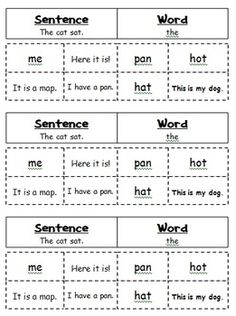
five key questions of media literacy Mass Media
17/09/2008 · 5 Key Concepts of Media Literacy Poster. The second is the Media Studies Triangle which examines 3 different points of view (the Media Text, the Audience, and the Production) in order to gain more meaning.
Media Literacy Key Concepts of Media Literacy Media literacy is concerned with teaching about the media: it examines how All media are constructions. The media contain beliefs and value messages. Each person interprets messages differently. work, how they construct The media have special interests (commercial, ideological, political). Each medium has its own language, style, form, techniques
Grade Four: Integration with Language Arts and Media Literacy Key Understandings of Asthma Developing a basic understanding of asthma • Asthma is a disease of the airways
Media literacy is evolving, especially as savvy marketers find new ways to deliver messages. A knowledge of the following concepts will help you interact successfully with the media. A knowledge of the following concepts will help you interact successfully with the media.
30/05/2014 · Enter your email address to follow this blog and receive notifications of new posts by email.
30/01/2016 · Media Literacy: 5 key concepts to teach this year January 30, 2016 January 30, 2016 / dskmag Down this post a bit, you’ll find five ‘media literacy’ elements I think are essential and to …
Media literacy includes an awareness of the economic basis of mass- media production and how it impinges on content, techniques, and distribution. We should be aware that, for all practical purposes, media production is a business and must make a profit. In the case of the television industry, for example, all programs – news, public affairs, or entertainment – must be judged by the size of
The Five Core Concepts and Five Key Questions of media literacy were developed as part of the Center for Media Literacy’s MediaLit Kit™ and Questions/TIPS (Q/TIPS)™ framework. Used
Five Key Concepts of Media Literacy 1. All media messages are ″constructed.″ 2. Each medium has different characteristics, strengths, and a unique ″language″ of construction.

The five key concepts given in this manual are typical of the ones developed in other places such as: the Ontario Ministry of Education, 1989, Media Literacy Resource Document (eight key …
Media Literacy: Five Core Concepts They are on your mobile phones and computer screens, in newspapers and magazines, stretched across billboards and broadcast through radio waves. They are mediated messages, and you are inundated with them every day.
The KEY concepts of media literacy The following quote is from The Association for Media Literacy, one of the most influential groups in Media Education in North America.
Chapter 5 Using the Principles of Multiliteracies to
1. 2. 3. 4. 5. Who created this message? What creative techniques are used to attract my attention? How might different people understand this message differently
literacy learning concepts and theory, and information on particular cohorts of students. • Literacy focus –advice on essential knowledge and skills that teachers need to focus on. • Assessment –advice on key assessments and their timing to inform teaching including English Online Interview, Observation Survey of Early Literacy Achievement, VCAA Adaptive and Progress Tests
Key concepts image from Microsoft clip art located on my computer Helpful Resources for Teachers Embed Video “Media Literacy 4 Primary Teachers” YouTube video external link below
Media literacy. Understanding media now requires far more than traditional media forms such as film, television, radio, and print texts. It also requires an understanding of how new digital media forms have transformed or “remediated” (Bolter, 1998) these traditional media forms.
Literacy for the 21st century an overview & orientation guide to media literacy education part i: theory cml medialit kit™ a framework for learning and teaching…
Consider just five examples, two from the political world: media re:public side papers principles for a new media literacy 2008 / 4 The word “accountability” resonates. Apart from raw market mechanisms and the legal system’s bludgeon of libel lawsuits—both, sadly, are flawed as countermeasures to poor journalism—we have had a largely unaccountable press. New media tools are
Kelly Mendoza introduced transfer of learning activities where teachers practiced applying the five key questions of media literacy in creative ways by using role … – contrast media in radiology pdf MEDIA LITERACY INVOLVES: 6 KEY CONCEPTS IN MEDIA ANALYSIS: 1. All media messages are “constructed.” 2. Each medium has different characteristics, strengths, and a unique “language” of construction. 3. Media messages are produced for particular purposes. 4. All media messages contain embedded values and points of view. 5. People use their individual skills, beliefs and experiences
The Development of Media Literacy among Grade Five Teachers and Students A Case Study Winston Emery Rachel McCabe Authors Rachel McCabe is a teacher of media education at Trafalgar School for Girls, Montreal. Winston Emery is associate professor of Education at the Faculty of Education, McGill University. Abstract This is the first of two articles about a study of the …
o Correlation between concepts and contents. Media and information literacy as a new concept o Media and information literacy indicators: issues and solutions • Media and information literacy promotion: political, ethical, institutional and practical aspects . 3 • Media and information literacy and education: training the trainers, professional development challenges, the role of
Media takes concepts of reality and turn it into pieces that fit their own agenda. Most media needs to be relatable for viewers to understand the idea and enjoy it. For example, using a theme of love and relationships would be effective in an ad because its something most people continuously experience in …
Exploring the Key Concepts of Media Literacy 2 Key Concepts of Media Literacy 4 Questions for Exploring the Key Concepts 5 Reading/Viewing Different Text Forms: Reading Graphical Texts 6 A Guide to Reading Visual Texts and Advertisements 8 Tips for Reading Graphical Texts 9 Engaging in Reading/Viewing: Reading between the Lines (Predictions) 10 Masking Template (With Suggestions) …
delineate key concepts of critical media literacy, and then examine some of the most active organizations in the United States and differences in their goals and pedagogy. Models of Media Literacy Literacy involves gaining the skills and knowledge to read and interpret varying texts and artifacts, and to successfully navigate and negotiate their challenges, conflicts, and crises. To the
Digital Literacy Concept: Digital Media Experiences Are Shaped by the Tools We Use Poster (8.5 x 11 PDF) These resources were developed with financial support from CIRA’s Community Investment Program and Innovation, Science and Economic Development Canada’s CanCode Program.
pedagogy is the Five Key Questions, an innovative recasting of the Five Core Concepts which the early media literacy fi eld adapted from traditional rhetorical analysis of primarily print literature.
Media literacy also aims to provide students with the ability to create media products. The following eight key concepts, which provide a theoretical base for all media literacy, give teachers a common language and framework for discussion.
This section identifies key characteristics of learning environments that promote language and early literacy learning and development and includes questions that teachers can use as a starting point for critically reflecting on their practices.
Key Characteristics of Effective Literacy Teaching P-6 and 7-10 and Key Characteristics of Effective Numeracy Teaching 7-10 . These documents were informed by research and developed through consultation with classroom practitioners, literacy and numeracy experts, coaches and regional personnel. The document has sections for Prep, Years 1 and 2, Years 3 and 4 and Years 5 and 6, …
Online digital technology has empowered users in ways that were unimaginable twenty years ago. Social media sites have given us the ability to reach a global audience, and have increased the average user’s means to persuade and influence.
Concepts in your discussion. The Five Core Concepts and Five Key Questions of media literacy were developed as part of the Center for Media Literacy’s MediaLit …
Media Literacy Five Core Concepts 1. All media messages are constructed. 2. Media messages are constructed using a creative language with its own rules.
1. All media are constructions They are the result of a number of decisions having been made for very deliberate purposes Often what we see is a construction of reality that we begin to consider as actual reality (e.g., roles of men and women, what is “in” and what is “out”,
The five belief statements became the underlying tenets on which all the subsequent projects were based. We then used these beliefs to determine the goals of the project drawing on the work Fullan of (2001, 2002, 2004, 2005). From Fullan’s work we identified the concepts of capability, sustainability and thriveability to give direction to the Project and also provide a means of establishing
5 Key Concepts of Media Literacy prezi.com
Media literacy concepts processes practices
Media Literacy GitHub Pages
Section 4. The Five Principles of the Code Media
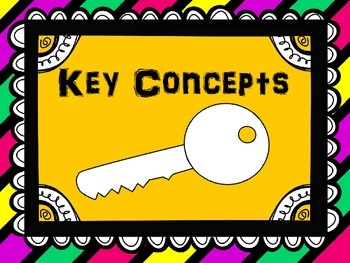
Five Key Questions of Media Literacy University of New
Media Literacy Five Core Concepts cardozohigh.enschool.org
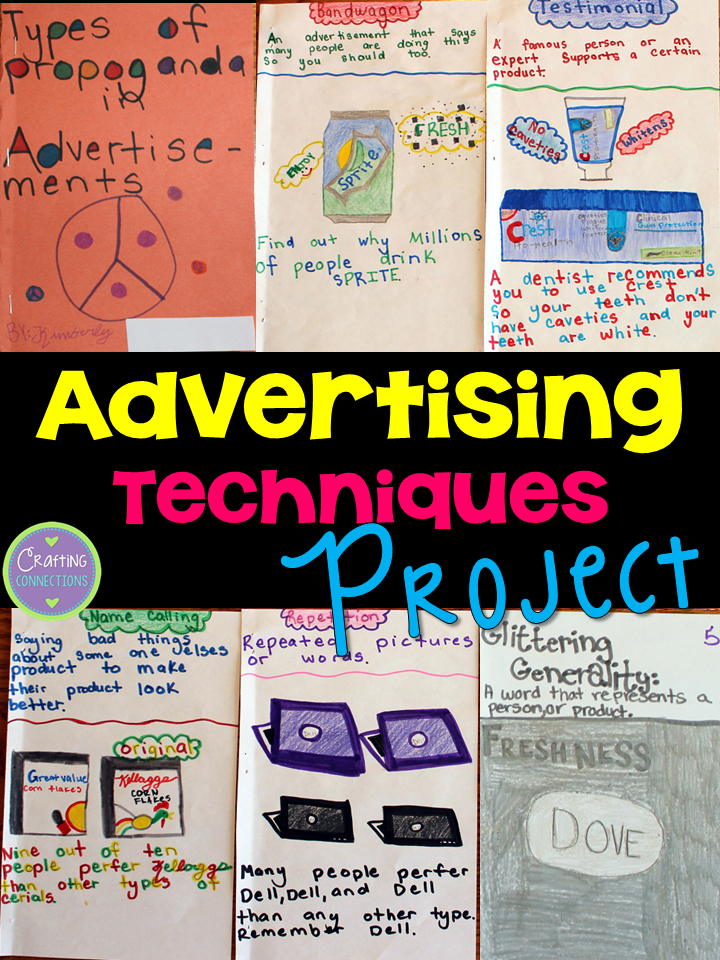
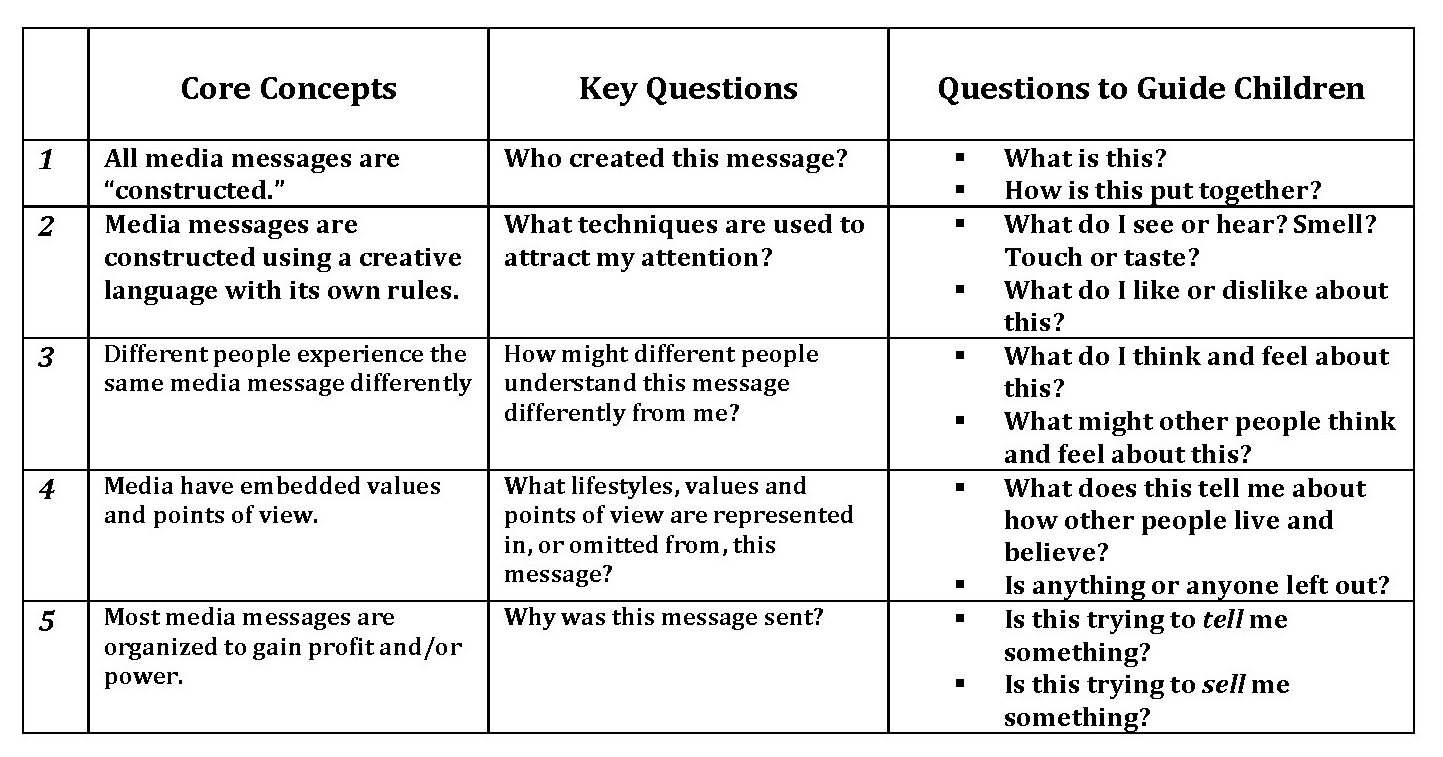
Social Media Literacy The Five Key Concepts
Media Literacy Five Core Concepts YALI
blu ray 3d enabled movie player application – Five Key Concepts Media
Media Literacy 5 key concepts to teach this year Playable
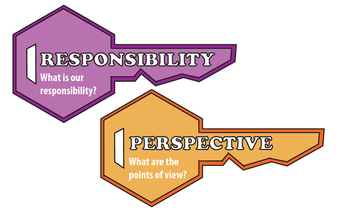

Telling Fact from Fiction Consortium for Media Literacy
PPT What Is Media literacy ? PowerPoint Presentation
Media Literacy Five Core Concepts cardozohigh.enschool.org
Media Literacy Five Core Concepts YALI
The Center for Media Literacy’s Five Core Concepts All media messages are constructed. Media messages are constructed using a creative language with its own rules.
Key concepts image from Microsoft clip art located on my computer Helpful Resources for Teachers Embed Video “Media Literacy 4 Primary Teachers” YouTube video external link below
30/05/2014 · Enter your email address to follow this blog and receive notifications of new posts by email.
Theoretical concepts for media literacy education A variety of scholars have proposed theoretical frameworks for media literacy. In most Australian states, media is one of five strands of the Arts Key Learning Area and includes “essential learnings” or “outcomes” listed for various stages of development. At the senior level (years 11 and 12), several states offer Media Studies as an
The five key concepts given in this manual are typical of the ones developed in other places such as: the Ontario Ministry of Education, 1989, Media Literacy Resource Document (eight key …
This section identifies key characteristics of learning environments that promote language and early literacy learning and development and includes questions that teachers can use as a starting point for critically reflecting on their practices.
Media literacy includes an awareness of the economic basis of mass- media production and how it impinges on content, techniques, and distribution. We should be aware that, for all practical purposes, media production is a business and must make a profit. In the case of the television industry, for example, all programs – news, public affairs, or entertainment – must be judged by the size of
Online digital technology has empowered users in ways that were unimaginable twenty years ago. Social media sites have given us the ability to reach a global audience, and have increased the average user’s means to persuade and influence.
(Patricia Aufderheide is a professor in the School of Communication at American University in Washington, D.C.; concepts drawn from Media Literacy: Resource Guide, Ontario Ministry of Education, 1989, and the work of many teachers)
17/09/2008 · 5 Key Concepts of Media Literacy Poster. The second is the Media Studies Triangle which examines 3 different points of view (the Media Text, the Audience, and the Production) in order to gain more meaning.
o Correlation between concepts and contents. Media and information literacy as a new concept o Media and information literacy indicators: issues and solutions • Media and information literacy promotion: political, ethical, institutional and practical aspects . 3 • Media and information literacy and education: training the trainers, professional development challenges, the role of
Five Key Questions of Media Literacy University of New
Key Facts Media Literacy Kaiser Family Foundation
Insight Five A snapshot of Media Literacy in Australian
A new Institute for the Study of Social Change report titled Insight Five: A Snapshot of Media Literacy in Australian Schools explores the challenge of teaching young people to separate fact from fiction in an age of online news manipulation.
Media literacy concepts processes practices